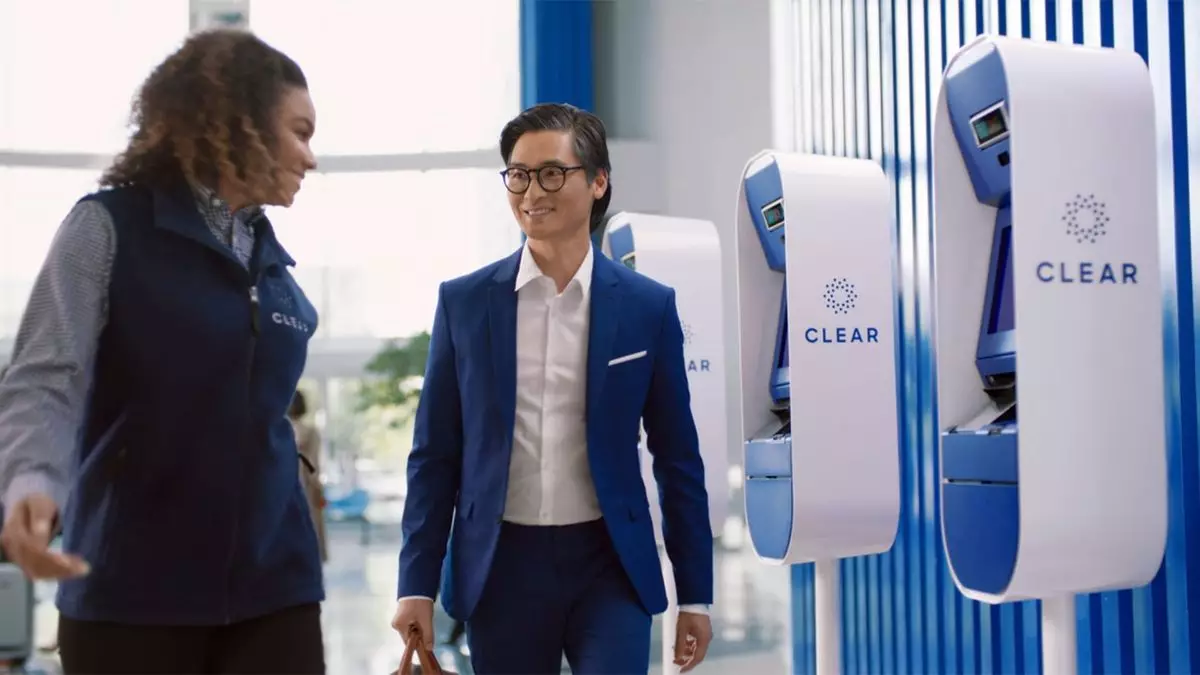In an era where travel frustrations often overshadow the glamour of flying, Clear’s reimagining of personalized airport services emerges as a beacon of convenience and exclusivity. Originally launched in Denver as Ambassador Assist, this concierge offering has grown exponentially, now serving 14 major airports across the United States under the new branding—Clear Concierge. This strategic expansion not only signifies the company’s confidence in responding to travelers’ escalating desire for seamless journeys but also exemplifies a broader shift toward premium, bespoke airport experiences. It is evident that Clear is betting on a future where travelers don’t just pass through airports—they are actively pampered and cared for at every step.
Redefining the Airport Experience with a Personal Touch
The core of Clear’s allure lies in its tailored approach. For a fee, members gain access to a dedicated agent who meets them at the curb, ease their luggage, and guides them through security procedures—sometimes all the way to the gate. This personalized service goes beyond mere convenience; it transforms the often stressful airport routine into a comfortable, streamlined experience. The distinction between the existing services—Concierge Express and Gate Service—reflects an understanding of diverse traveler needs. The former is ideal for those seeking swift assistance from curb to security, while the latter caters to travelers who demand a more comprehensive, end-to-end arrival experience.
From a critical viewpoint, the model raises questions about exclusivity and accessibility. While these services are undoubtedly valuable for high-tier travelers or business elites, they risk widening the gap between casual flyers and those for whom time savings could mean significant business or personal advantages. Yet, this stratification may also be viewed as a natural evolution in luxury service offerings, aligning with similar trends in hospitality and private transportation.
The Broader Market and Its Implications
Several firms now vie for a share of this lucrative niche—SkyVip, Royal Airport Services, and airline-branded concierge programs illustrate a competitive landscape striving to elevate the passenger experience. While competition fosters innovation, it also spotlights the increasing commodification of luxury travel amenities. Some critics might argue that the proliferation of these services risks transforming what should be simple transportation into an overly transactional and class-biased experience. However, supporters contend that it simply reflects a demand for personalized, hassle-free travel, especially in congested or unfamiliar airports.
It’s also worth noting that the success of Clear’s concierge services hinges on effective execution—agents must be impeccably trained, discreet, and genuinely empathetic to create a truly elevated experience. Poor execution, even in a premium setting, can undermine perceived value and breed dissatisfaction. Furthermore, the cost points—$99 for Express, $179 for Gate Service—are substantial. While they target a niche market, they set a new standard for what premium service is worth in the travel industry.
Despite these concerns, Clear’s expansion symbolizes a significant trend—private, attentive assistance as an integral part of the modern travel experience. As airports and airlines continue to innovate, the line between luxury and necessity blurs, pushing the boundaries of what passengers can expect from their journey. This shift may forever change how we perceive travel—not merely as a means to an end but as an experience to be curated and elevated.

